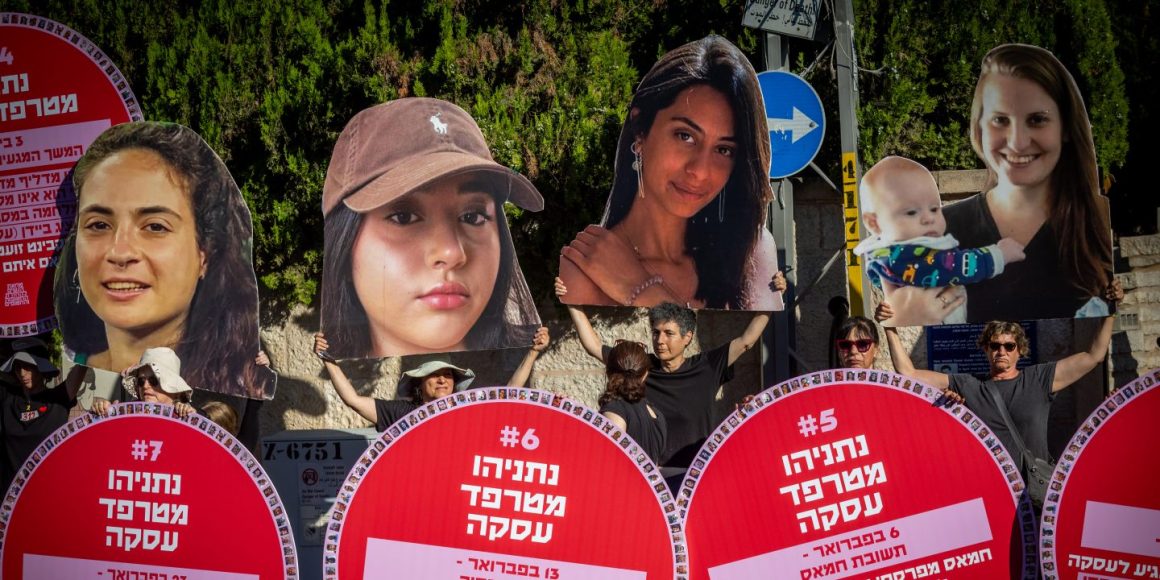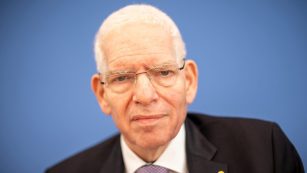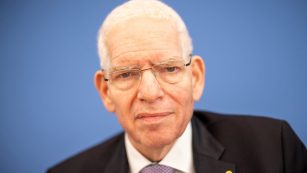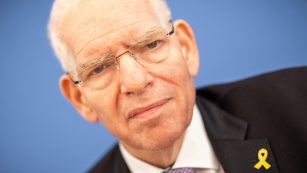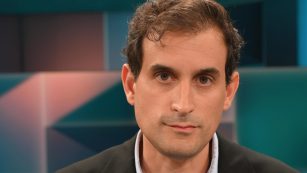When the hashtag #metoo, created by activist Tarana Burke, gained international momentum following the scandal surrounding Hollywood producer Harvey Weinstein, it became clear that there are no areas of social coexistence in which structural sexism has been overcome. Worse still, entire systems of power are based on it.
Sexism is the more subtle facet of the millennia-old oppression of women. It is less noticeable, it is socially acceptable, the blame is often placed on those affected themselves and, in combination with other mechanisms of discrimination, its inconspicuousness makes it particularly powerful.
All of these findings have been decisive for the feminist movements of recent decades. This is not just about formal and legal equality, it is no longer about overt oppression or discrimination, but about the fact that sexism in its subliminal form continues to have an impact on women and queer people.
Marginalized Backgrounds
It was often women from marginalized backgrounds who developed concepts and theories that made their experiences of structural discrimination visible. Even when it comes to formulating Jewish feminist positions, Kimberlé Crenshaw’s concept of intersectionality, for example, is often used to categorize less visible facets of Jewish life realities.
And yet, even before October 7th, a phenomenon was described by Jewish activists and those critical of antisemitism: Not only does Jew hatred not seem to exist as an independent phenomenon in these theoretical concepts, but it also does not count as a real experience.
What happened on October 7th, however, not only brought forth a more extreme facet of this already known phenomenon, but also completely unimagined, catastrophic proportions: On that day, antisemitism became the motive for the most serious sexualized and sexual crimes. Although the Hamas terrorists themselves documented their violent excesses and streamed them to the world, they are relativized, trivialized, denied, while the blame is even attributed to the victims themselves.
Trivialization and Relativization
The Israeli human rights professor Cochav Elkayam-Levy, who founded the «Civil Commission on Oct. 7th Crimes by Hamas against Women and Children”, notes on the one hand that the targeted documentation of violence is a form of contemporary terrorism for which there is no comparable case. On October 7th, not only the victims themselves became the target of terror, but everyone who could watch from a distance via their cell phones and knew that they were meant to be targets as well. Since Jews already knew, on «Black Shabbat”, there was no need to proclaim a «Day of Wrath”.
Elkayam-Levy also notes that some forms of violence and torture, such as targeted violence against families, have not yet been adequately defined in genocide research.
She also observes that the simultaneous trivialization and relativization of this violence is taking place right up to the highest human rights bodies. One of the most prominent examples of institutions that actively contributed to making the experience of Israeli and Jewish women on and after October 7th invisible is UN Women.
Selective Feminism
UN Women is just one example of selective feminism. The United Nations department responsible for women’s rights only posted a statement on X seven weeks after the Hamas terror attack, and deleted it a short time later.
On November 25, the International Day against Violence against Women, on which UN Women has been organizing a major campaign since 2010, the massacre that had taken place shortly before went completely unmentioned. UN Women is just one example of the selective feminism of numerous organizations and well-known feminists.
Since October 7th, the psychologist and founder of the OFEK e.V. counseling center association, Marina Chernivsky, has repeatedly named the following simultaneities: grief and shock as a direct reaction to «Black Shabbat” as an event of the present, but also one that connects with the experiences handed down from past generations. In addition, collective traumatization is charged by antisemitic experiences, which do not begin with open violence, but rather with a lack of understanding of the experiences of those affected.
Distorted Image
The French Rabbi Delphine Horvilleur speaks of a reshaping of the antisemitic stereotype, which is particularly prevalent in progressive movements: While for many centuries «the Jew” was misogynistically charged as the effeminate man and pejoratively given «feminine” attributes, this distorted image has turned 180 degrees in Israel-related antisemitism, towards the hyper-masculinization of the Jew and the antisemitic image of white supremacy projected onto the defensive Israeli soldier, in which women cannot be victims either.
Is this why they are denied the experience of violence, even though the perpetrators have provided the evidence? In their book »Gojnormativität - Warum wir anders über Antisemitismus sprechen müssen«, Judith Coffey and Vivien Laumann write about defense mechanisms and the refusal to view intersectionality discourses critically of antisemitism on the one hand, and to supplement them with antisemitism as a category of experience on the other.
It is devastating that extremist ideologies such as right-wing extremism and Islamism in particular coincide in terms of their misogyny and antisemitism. They are not a negligible side note, but a fundamental component of these ideologies. Not wanting to address either of these issues opens the door to the mainstream. And it is precisely this radicalization that has taken place in recent months.
Complicated and Precarious
Almost eleven months after October 7, the consequences of Hamas‹ brutal terror have been drastically reflected in the reality of Jewish women’s lives in Germany and around the world.
While the images of the lifeless Shani Louk and the bloodied Naama Levy are etched in the minds of Jewish women around the world, they report being excluded from alliances and feeling insecure in their everyday lives. They speak of fear on the way home, on the subway and at university. In June, a twelve-year-old Jewish girl was raped in Paris. According to the perpetrators, it was «revenge for Gaza”. Hamas’ message has gotten through: Jewish women should not be able to feel safe anywhere.
The annual »Jewish Women* Empowerment Summit« has been held since 2019 as a cooperation between the education department of the Central Council of Jews in Germany, the NGO »Zentralwohlfahrtsstelle der Juden in Deutschland« and the German Jewish Student Union. This year’s conference, too, did not provide complete answers to the complicated and sometimes precarious life situation of those affected by the intersection of antisemitism and misogyny. But it did open up a space in which these experiences can exist.
And it underlined once again what many experts have been calling for for years: Not to look at experiences, structures, psychological mechanisms and ideological connections in isolation from each other when it comes to understanding the effects of antisemitism. In a post-October 7th era, it should also be understood as an appeal to queer-feminist spaces: #metoo unless youʼre a Jew? We cannot allow this to stand.
Laura Cazés has published the book «Sicher sind wir nicht geblieben” («We didn’t stay safe”) with S. Fischer Verlag.
Hanna Veiler is President of the Jewish Student Union of Germany and «Woman of Europe”, an award from the EU Commission and the organization European Movement Germany.

